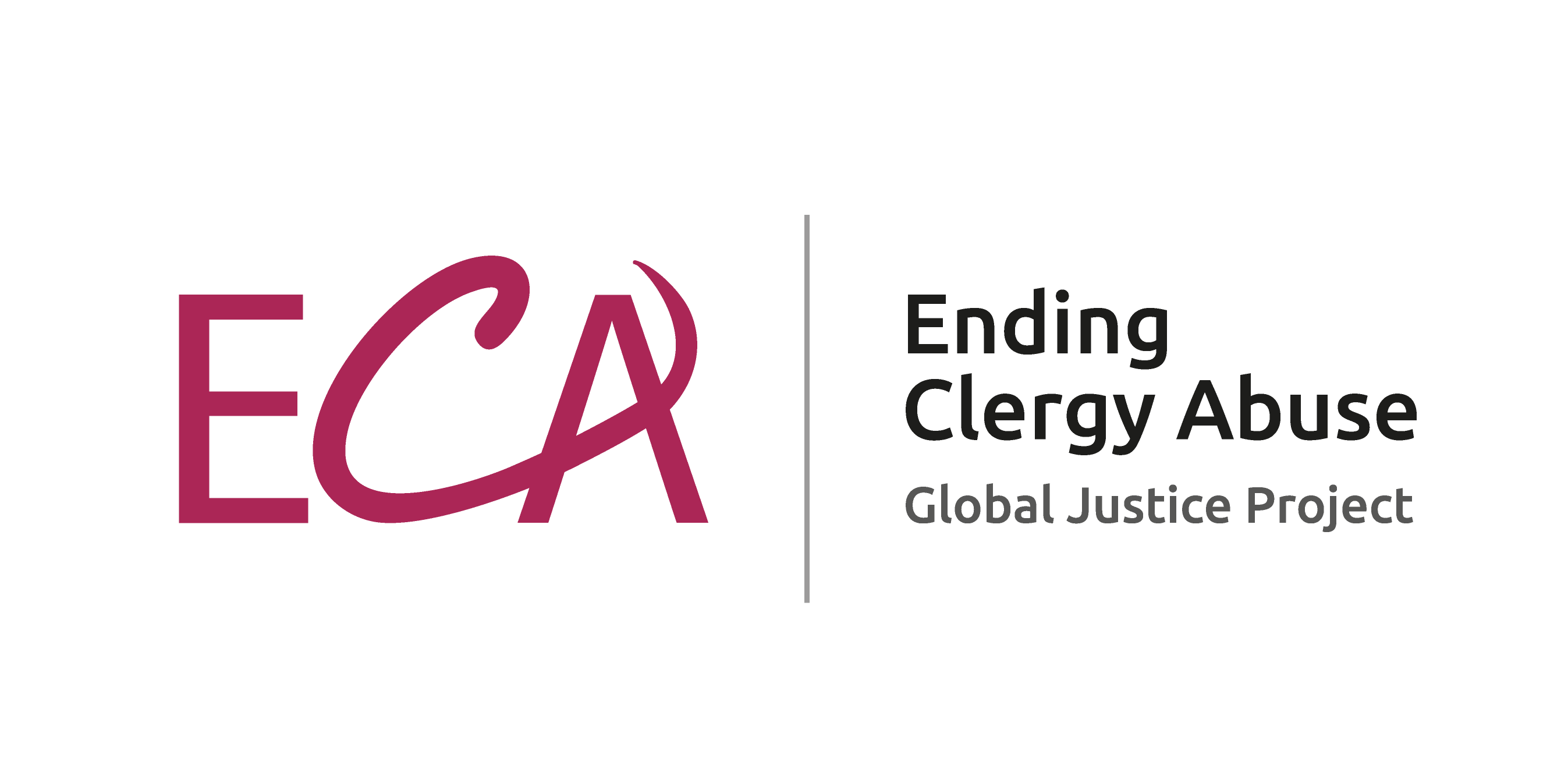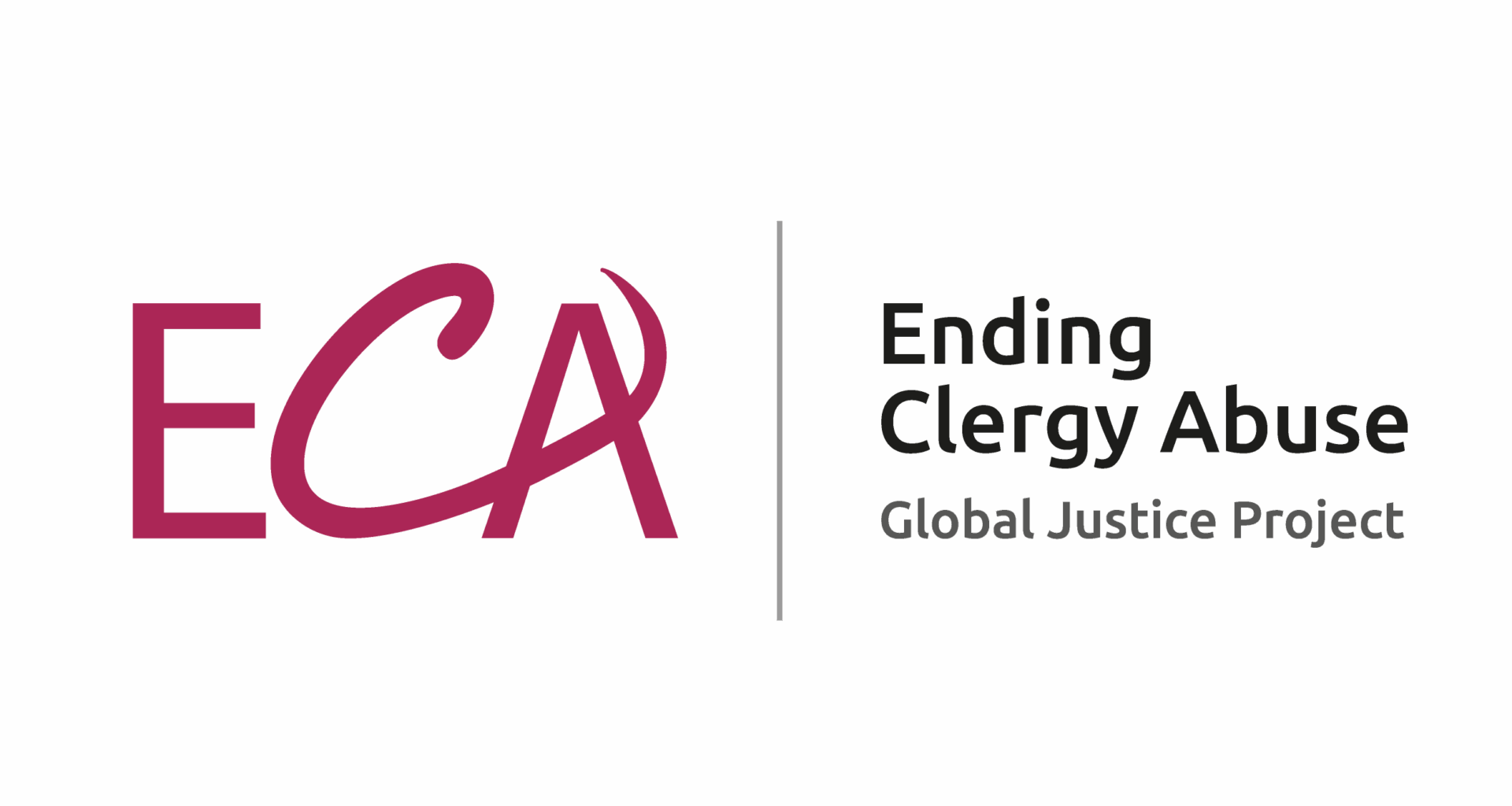
Featuring the voice of Anne Barrett Doyle, this article explores the mounting pressure on Pope Leo XIV to act decisively on clergy abuse.
HERE THE LINK TO THE WAHINGTON POST ARTICLE
In a move that has sparked international outcry, the Vatican has quietly allowed Rev. Carlo Alberto Capella, a former high-ranking diplomat convicted of possessing and distributing child pornography, to return to office work inside the Holy See.
Capella was sentenced in 2018 by a Vatican tribunal and released early in 2022 for good behavior. Today, he’s back behind a desk—doing translations and archive work for the Secretariat of State. While his access is reportedly limited and supervised, survivor advocates say this is simply not enough.
“This is a test for Pope Leo XIV”
The decision comes just months into the papacy of Pope Leo XIV, the first American pontiff in history, and it’s already being seen as an early test of his leadership on one of the Church’s most painful and unresolved crises: clergy abuse and institutional complicity.
Although Capella no longer holds the title of monsignor and is said to be monitored at work, many are asking why someone with such a conviction is permitted to remain within Vatican walls at all.
Survivor Advocates: “Not one more second in office”
Among the strongest voices speaking out is Anne Barrett Doyle, co-director of BishopAccountability.org and collaborator with ECA Global. Her stance is clear:
“The pope has announced a battle against child abuse but he has the weakest weapons imaginable.”
Doyle and others are calling for zero-tolerance policies to be written directly into canon law—so that any cleric found guilty of abuse or possession of child sexual abuse material is removed from ministry, permanently and irrevocably.
For survivors and advocates, symbolic gestures are not enough. Transparency, they say, must be real, measurable, and public.
Echoes across the globe
Doyle isn’t alone. Survivor networks like SNAP and End Clergy Abuse have condemned the Vatican’s decision, emphasizing that returning a convicted priest—even to a background desk job—is a betrayal of public trust and a dangerous precedent.
To many, this feels like history repeating itself: behind closed doors, quiet reinstatements, and decisions made without the knowledge—or input—of the very people the Church claims to protect.
The bigger picture
The Capella case isn’t happening in a vacuum. Around the same time, in France, another priest convicted of rape was appointed diocesan chancellor—adding fuel to the growing fire and increasing pressure on Pope Leo to take decisive action.
For many watching, this is a make-or-break moment. Survivors, advocates, and concerned Catholics worldwide are asking: Will Pope Leo be different? Or will his papacy follow the same path of promises without consequences?
Why this matters for ECA Global
At ECA Global, we work every day to support survivors of abuse within religious institutions. This story—like so many others—isn’t just about one man or one pope. It’s about the message it sends to victims around the world: whether the Church truly sees them, hears them, and values their healing over institutional protection.
